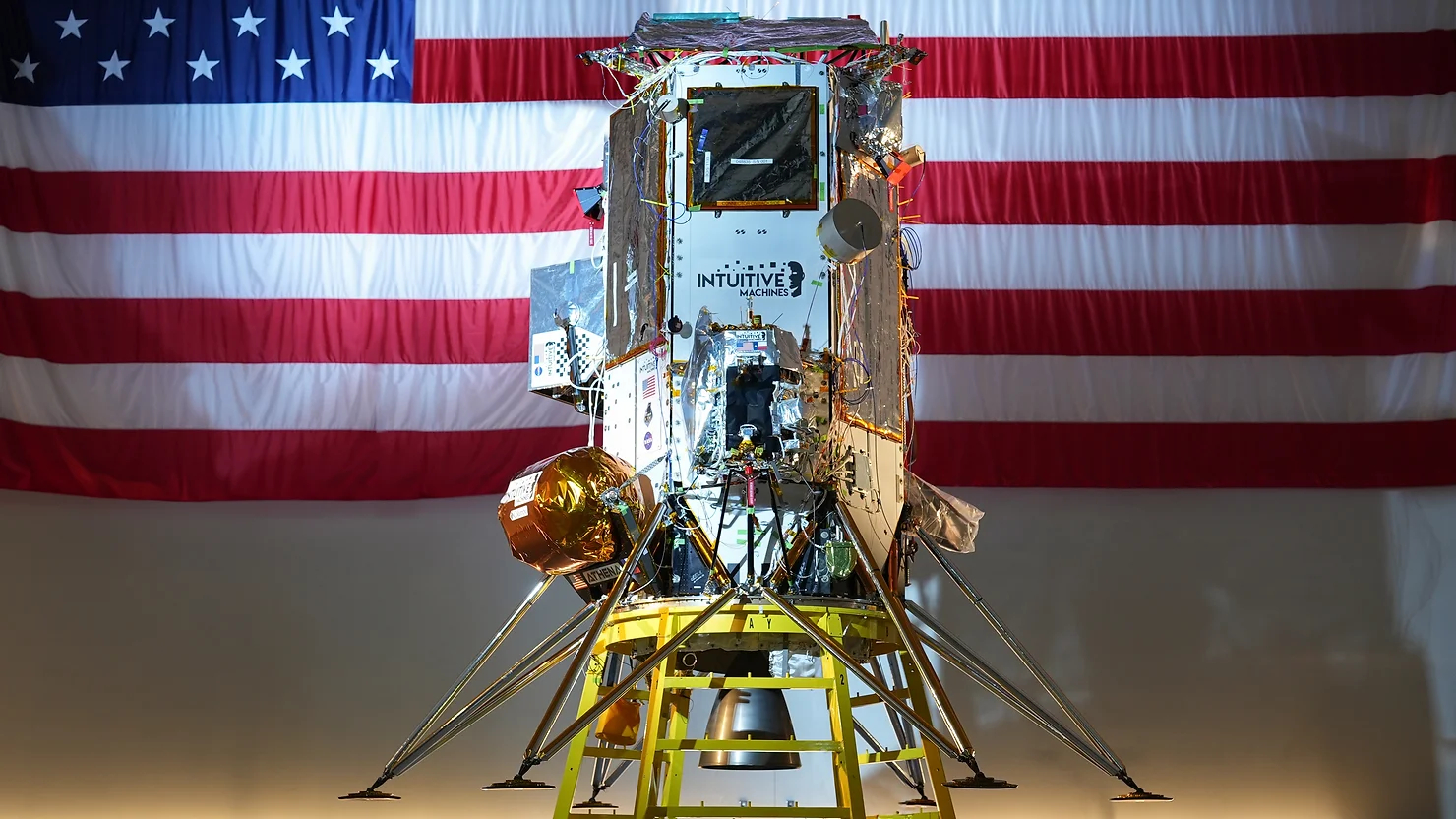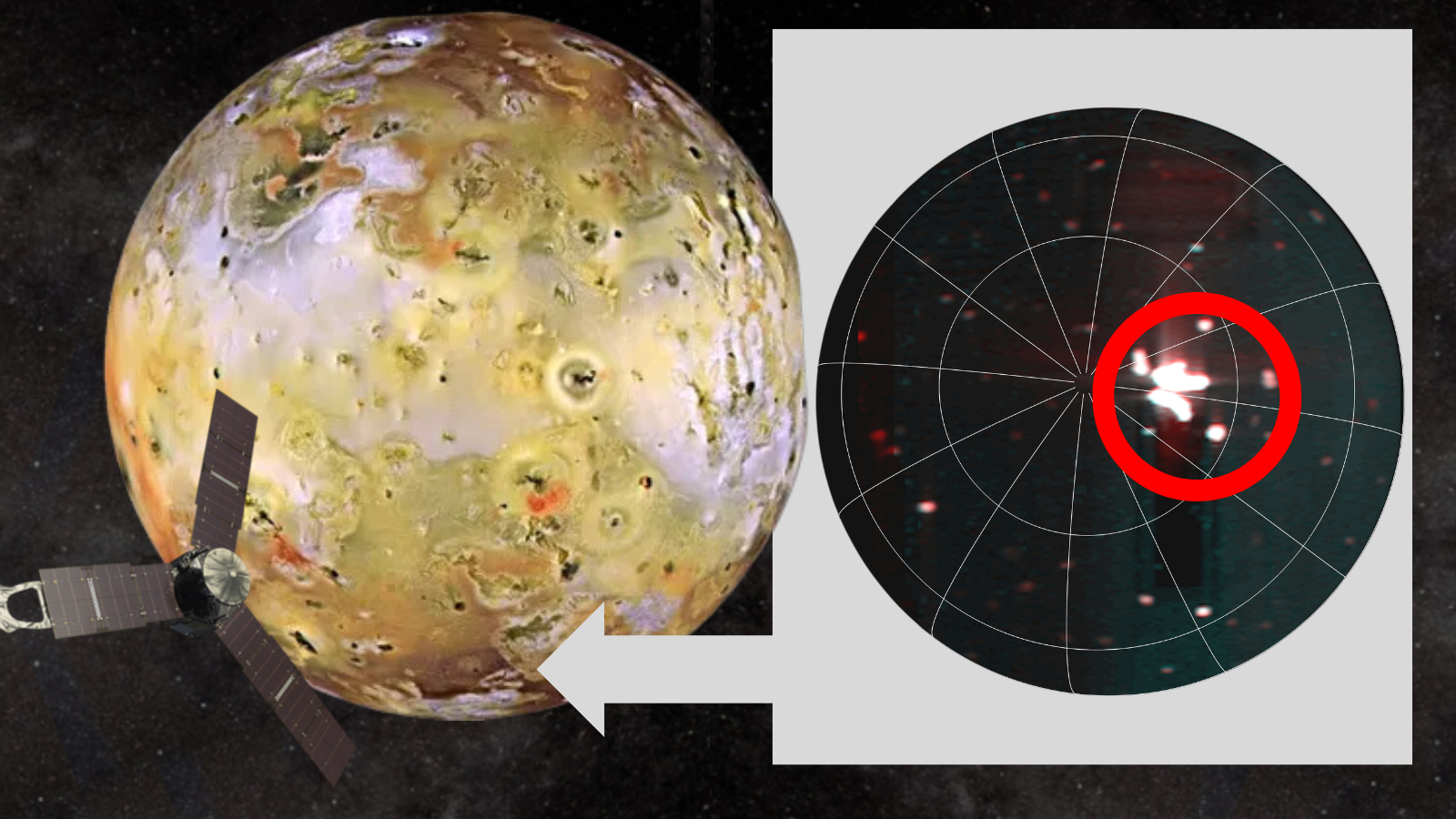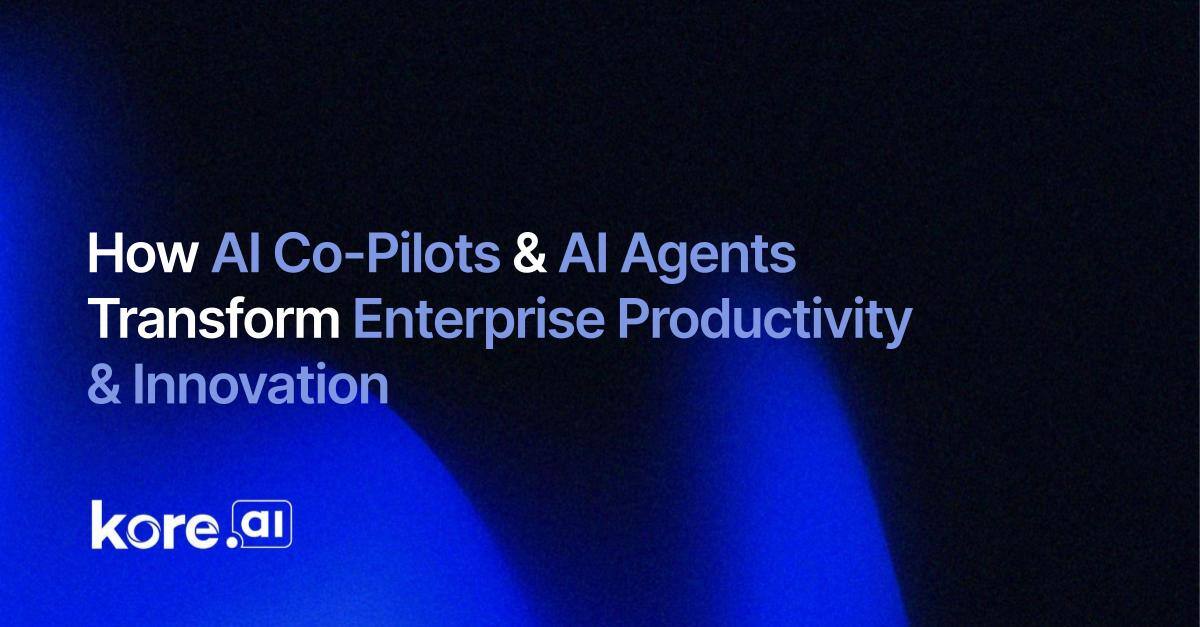Agentic Reasoning: Redefining Intelligence with Adaptive & Autonomous AI
Autonomous AI is no longer a future concept—it’s here, transforming industries. But what makes AI truly autonomous? Agentic reasoning enables systems to move beyond executing tasks to independently solving complex problems, adapting to change, and thriving in uncertainty.Consider an AI agent in e-commerce dynamically adjusting inventory in real time. During Black Friday, it can analyze live sales data, predict demand surges, and reallocate stock from low-performing warehouses to high-demand regions. This dynamic decision-making optimizes operations without human intervention.At its core, agentic reasoning combines machine learning, cognitive architectures, and real-time feedback to mimic human-like adaptability. It processes structured and unstructured data, identifies patterns, and refines strategies iteratively.Why does this matter? Agentic reasoning powers autonomous business processes, adaptive customer support, and intelligent task orchestration—where static AI models fall short. As we explore its building blocks and real-world applications, enterprise AI leaders can harness agentic AI to drive the next wave of innovation. “We’ve started seeing Models doing evaluation and reasoning, much like we would have a line of thought, take our knowledge from historical experiences and current context, put that together and come up with a logical reasoning and conclusion or decision. Agentic AI with its reasoning capability will be a gamechanger for enterprise operational efficiency and effectiveness in days to come.” - Raj Koneru, Founder & CEO, Kore.ai Table of Contents [Show] What is Agentic Reasoning? The Core Principles of Agentic Reasoning The Technological Foundations of Agentic Reasoning Technical Integration Across the Architecture Challenges in Implementing Agentic Reasoning How Can The Right Architecture Address Key Challenges The Future of Agentic Reasoning Road Ahead

Autonomous AI is no longer a future concept—it’s here, transforming industries. But what makes AI truly autonomous? Agentic reasoning enables systems to move beyond executing tasks to independently solving complex problems, adapting to change, and thriving in uncertainty.
Consider an AI agent in e-commerce dynamically adjusting inventory in real time. During Black Friday, it can analyze live sales data, predict demand surges, and reallocate stock from low-performing warehouses to high-demand regions. This dynamic decision-making optimizes operations without human intervention.
At its core, agentic reasoning combines machine learning, cognitive architectures, and real-time feedback to mimic human-like adaptability. It processes structured and unstructured data, identifies patterns, and refines strategies iteratively.
Why does this matter? Agentic reasoning powers autonomous business processes, adaptive customer support, and intelligent task orchestration—where static AI models fall short. As we explore its building blocks and real-world applications, enterprise AI leaders can harness agentic AI to drive the next wave of innovation.
“We’ve started seeing Models doing evaluation and reasoning, much like we would have a line of thought, take our knowledge from historical experiences and current context, put that together and come up with a logical reasoning and conclusion or decision. Agentic AI with its reasoning capability will be a gamechanger for enterprise operational efficiency and effectiveness in days to come.” - Raj Koneru, Founder & CEO, Kore.ai
Table of Contents [Show]
- What is Agentic Reasoning?
- The Core Principles of Agentic Reasoning
- The Technological Foundations of Agentic Reasoning
- Technical Integration Across the Architecture
- Challenges in Implementing Agentic Reasoning
- How Can The Right Architecture Address Key Challenges
- The Future of Agentic Reasoning
- Road Ahead













![From Gas Station to Google with Self-Taught Cloud Engineer Rishab Kumar [Podcast #158]](https://cdn.hashnode.com/res/hashnode/image/upload/v1738339892695/6b303b0a-c99c-4074-b4bd-104f98252c0c.png?#)
































































